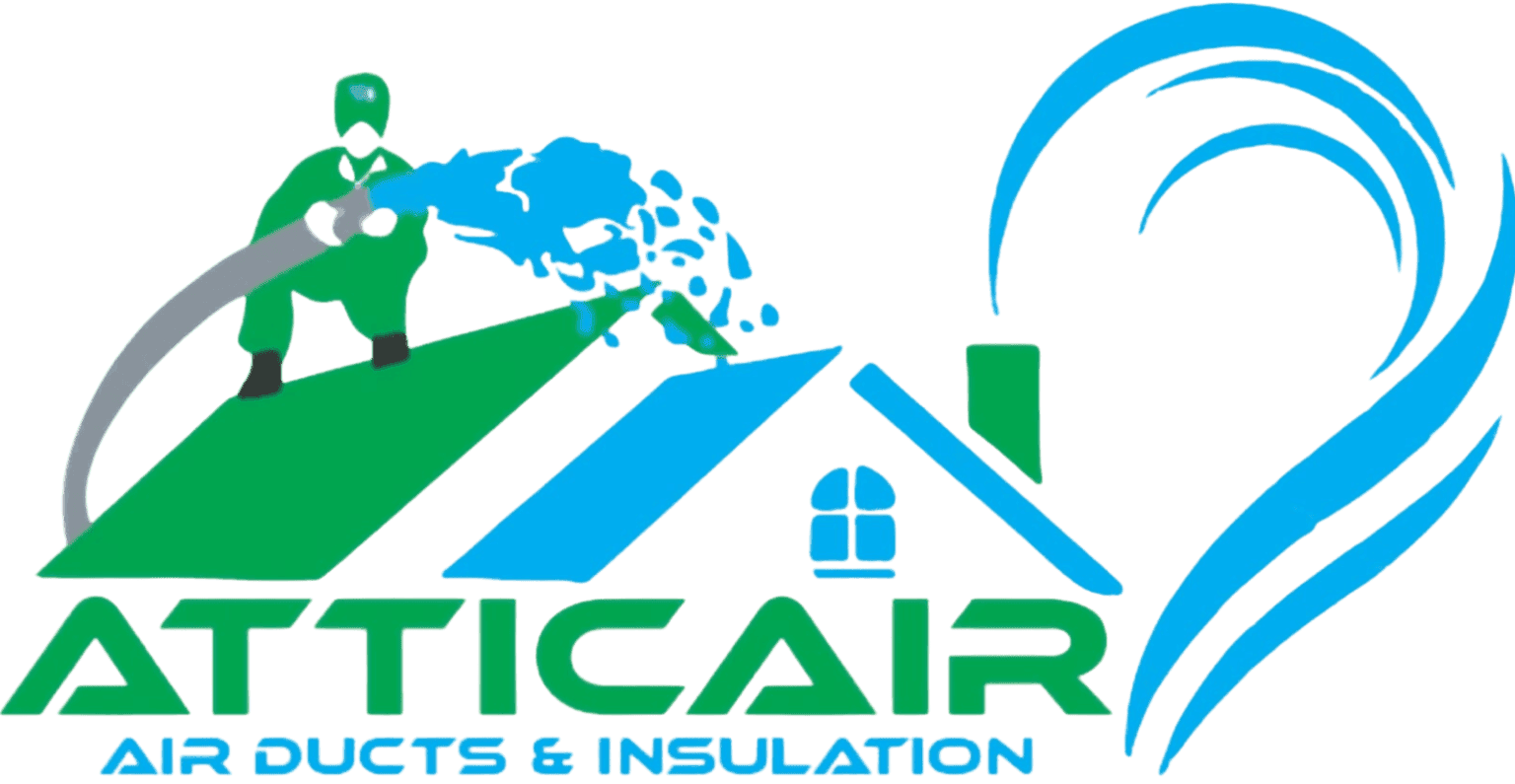





Is Your Chimney Leaking? Living in Houston TX, and surrounding areas? Atticair Can Save You!
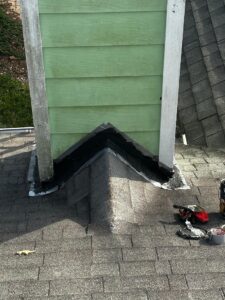
Water is the arch-nemesis of your chimney and can cause significant damage if your chimney is left exposed. Chimneys are the unsung heroes facing a formidable opponent in this epic rivalry.
The good news is that chimney maintenance has evolved considerably, offering several solutions to shield your chimney from water damage. We proudly consider ourselves the foremost experts in chimney leak repair services. If you reside in the Houston or surrounding area and are experiencing water intrusion in your chimney, don’t hesitate to reach out to us and schedule an appointment. We have a flawless track record of resolving chimney leaks, regardless of their complexity.
Why Is Water So Detrimental to Chimneys?
Brick, especially firebrick, is a widely used material in traditional masonry fireplaces and chimneys in Houston or surrounding areas due to its ability to withstand high temperatures. However, brick comes with a drawback—it’s naturally porous, meaning it readily absorbs and retains water. Given that your chimney is continuously exposed to the elements, it’s susceptible to water infiltration from rain, snow, and sleet.
So, what's the harm in water seeping into your chimney?
Material Deterioration
When water infiltrates your chimney, it can mix with soot and creosote residues from fires, creating acidic compounds that expedite the deterioration of your chimney.
Freeze/Thaw Cycle
The freeze and thaw cycle can be detrimental. Water trapped within the brick freezes during cold nights and melts in the sunlight. This repetitive process can lead to brick movement, resulting in gaps in the mortar joints, which eventually causes spalling brick and jeopardizes your chimney's structural integrity.
Rust & Corrosion
Water can cause various chimney components to corrode and rust. Once a few components become compromised, the entire system may operate inefficiently, potentially putting your household at risk.
Efflorescence
Water can draw salts from the masonry to the surface of the brick. When the water evaporates, it leaves behind white or grayish deposits known as efflorescence. These deposits indicate water intrusion and signal ongoing moisture-related damage. If left untreated, they can lead to chipping and flaking of the brick.
Mold, Mildew & Vegetation
Musty fireplace odors may signify the presence of mold and mildew in your chimney. Moisture is a primary catalyst for their growth, posing risks to your respiratory health. The growth of vegetation, while less hazardous than mold or mildew, serves as evidence of water entry and should not be ignored.
What About Prefabricated (Prefab) Chimneys?
You might assume that water issues aren’t a concern for prefab chimneys since they don’t use brick and mortar, but rather sheet metals like stainless steel and galvanized steel. However, stainless steel, while corrosion-resistant, is not entirely impervious to rust, which is initiated by—you guessed it—water. Galvanized steel shares similar vulnerabilities but has fewer corrosion-resistant properties than stainless steel.
My Chimney Leaks When It Rains... Is That Normal?
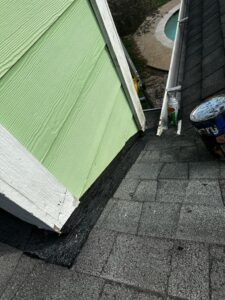
In short, no, it’s not normal for your chimney to leak when it rains. Even during torrential downpours, your chimney should remain impervious to water. If water is infiltrating, it implies that a component within your chimney system is failing or missing.
Consider this analogy: Remember when an acorn chipped your car’s windshield? Initially, it didn’t seem like a major issue, so you postponed the repair. But with time and repeated exposure to bumps and potholes, the crack expanded, obscuring your vision. What initially required a simple fix has now transformed into a complete windshield replacement.
Chimney leaks can similarly progress gradually. What may start as a minor inconvenience can escalate into a serious and costly issue. The truth is, most homeowners remain unaware of chimney leaks until the problem becomes critical, with repair expenses mounting. To mitigate this, an annual chimney inspection is essential to identify potential vulnerabilities to water intrusion.
What Causes Chimney Leaks?
Chimney maintenance doesn’t have a one-size-fits-all solution, as leaks can stem from various causes. Nonetheless, there are common suspects that we explore during an inspection:
Masonry Issues
Bricks and mortar may not appear susceptible to water, but they are highly vulnerable to rain and other elements due to their porosity. Cracks in the bricks or mortar can permit water to infiltrate the chimney, leading to issues such as spalling (brick face popping off) and potential damage to the chimney liner.
Flashing Problems
Flashing, the metal band that surrounds the junction of your chimney and roof, is vital for maintaining a watertight seal at this critical intersection. However, defective flashing can occur for numerous reasons, from improper installation to aging and rusted nail holes, which provide entry points for water.
Cracked Crown
The chimney crown, situated at the top of your chimney, acts as a protective cap, diverting water away from your chimney and onto the roof. A cracked crown can inadvertently funnel water into your chimney, contrary to its purpose.
Lack of a Chimney Cap or Cover
Without a properly sized chimney cap, you invite not only water damage but also the entry of animals, debris, and downdrafts. A chimney cap is a worthwhile investment that offers multiple benefits.
Absence of Waterproofing
Waterproofing is a professional service that entails applying a water-resistant sealant to your chimney's exterior. Without this layer of protection, your chimney remains vulnerable to moisture intrusion.
How Do I Prevent Chimney Leaks?
Fortunately, there are effective preventive measures to keep your chimney dry and stave off leaks:
Don’t Neglect Annual Inspections: Chimney inspections conducted by a Chimney Safety Institute of America (CSIA)-certified technician are crucial to monitor your chimney’s condition and address any issues promptly.
Install a Chimney Cap: A chimney cap is a simple yet effective solution to prevent water, debris, and animals from entering your chimney while still allowing smoke and toxins to escape.
Consider a Chimney Crown or Chase Top: A properly constructed chimney crown or metal chase top offers a protective barrier against water intrusion.
Professional Flashing Installation: High-quality flashing is crucial to sealing the gap between your chimney and roof, preventing water from penetrating.
Inquire About a Chimney Cricket: If your chimney is wider than 30 inches, a chimney cricket can be installed to divert water away from your chimney.
Address Repairs Promptly: If you suspect a chimney issue between annual inspections, don’t delay. Contact our experts to investigate and resolve the problem before it escalates.
Preventing chimney leaks is paramount. Applying a professional water repellent to your chimney’s exterior, such as ChimneySaver, is a highly effective method to keep water at bay.
Why Use ChimneySaver?
Blocks Water Absorption: ChimneySaver prevents water from being absorbed by the brick and mortar.
Deters Damage: It safeguards against cracking, spalling, and gapping in the masonry.
Preserves Aesthetic Appeal: The treatment prevents discoloration of the masonry.
Promotes Breathability: ChimneySaver allows the brick and mortar to breathe, releasing water vapors.
Resists Freeze/Thaw Damage: It shields against the deterioration caused by the freeze/thaw cycle.
Proven Effectiveness: ChimneySaver boasts an impeccable track record and provides up to 10 times the water-repellent protection of typical sealers.
Breathable & Vapor-Permeable: ChimneySaver is 100% breathable and vapor-permeable, ensuring moisture escapes from the masonry, preventing damage, freeze/thaw destruction, and spalling.
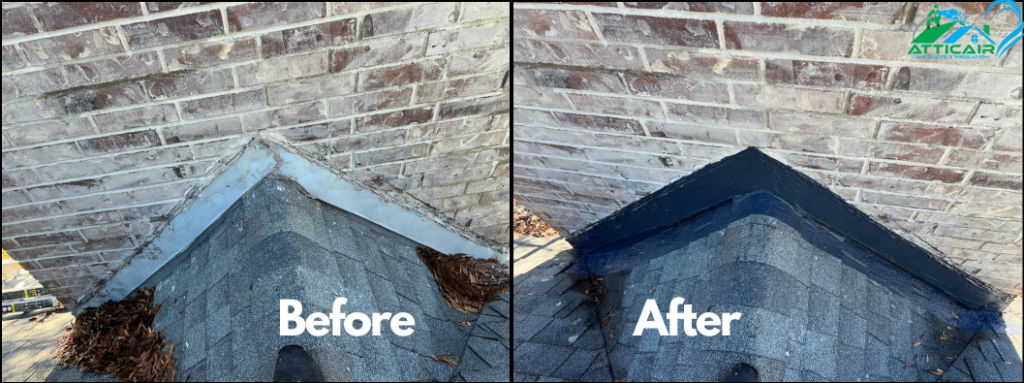
How Much Does It Cost To Fix a Leaky Chimney?
The cost of repairing a leaky chimney can vary significantly based on the extent of damage and the specific repairs required. To provide an accurate estimate, one of our chimney technicians needs to assess the situation in person. Rest assured, we’ll deliver a transparent estimate based on your unique needs.
Are Chimney Leaks Covered by Homeowners Insurance?
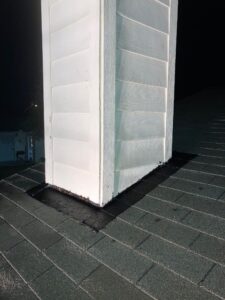
While homeowners insurance may cover chimney leak damage, coverage is generally limited to specific scenarios, primarily extreme weather events. Proof of regular chimney maintenance may still be necessary, even during these circumstances. Therefore, maintaining documentation of inspections and maintenance is essential for potential insurance claims.
If you live in Houston Tx or surrounding area and you suspect your chimney is leaking or require chimney repair services, do not hesitate to contact Atticair. We can diagnose the issue and perform the necessary repairs to safeguard your chimney.
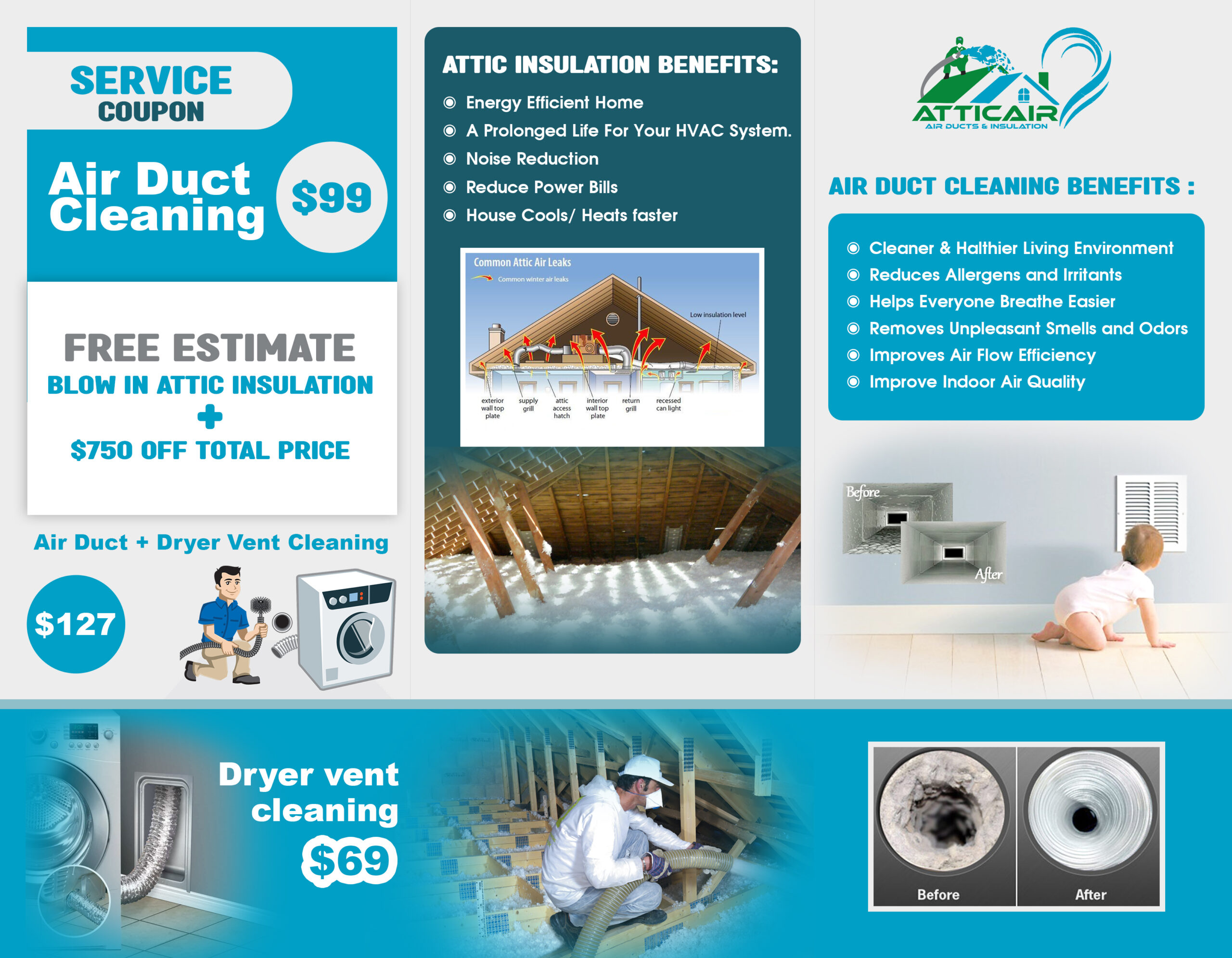
Why Our Solutions Stand Out
We are Building a Sustainable Future
Building a sustainable future through HVAC services. Together, we can create a healthy world for generations to come.
Best HVAC Solution
The best HVAC solution depends on several factors, including your specific needs, location, budget, and environmental considerations.
24/7 Technical Support
Get peace of mind with our 24/7 technical support, ensuring prompt assistance and resolution for any issues you encounter.
Get A free quote
Our Serving Areas
Providing Comprehensive Air Duct & Attic Insulation Solutions to:
Missouri City
Pearland
Rosenberg
Mission Bend
HITCHCOCK
Deer Park
Sugar Land
Texas City
Atascocita
Kingwood
Channelview
Pasadena
The Woodlands
Baytown
Conroe
Lake Jackson
La Porte
League City
Fresno
Rosharon
Brookshire
Friendswood
Galveston
Spring
Santa Fe
Seabrook
Willis
Houston
South Houston
Stafford
Tomball
Webster
West University Place
Aldine
Crosby
77002, 77003, 77004, 77005, 77006, 77007, 77008, 77009, 77010, 77011, 77012, 77013, 77014, 77016, 77017, 77018, 77019, 77020, 77021, 77022, 77023, 77025, 77026, 77027, 77028, 77030, 77031, 77033, 77034, 77035, 77036, 77038, 77040, 77041, 77042, 77043, 77045, 77046, 77047, 77048, 77050, 77051, 77053, 77054, 77056, 77057, 77058, 77059, 77061, 77062, 77063, 77064, 77065, 77066, 77067, 77068, 77069, 77070, 77071, 77072, 77073, 77074, 77075, 77076, 77077, 77078, 77079, 77080, 77081, 77082, 77084, 77085, 77086, 77087, 77088, 77090, 77091, 77092, 77093, 77094, 77095, 77096, 77098, 77099, 77201, 77336, 77339, 77345, 77357, 77365, 77373, 77375, 77377, 77379, 77386, 77388, 77407, 77429, 77433, 77447, 77449, 77478, 77484, 77489, 77493, 77504, 77506, 77587
